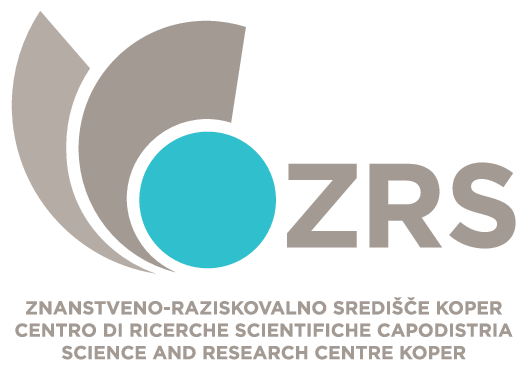
On the phenomenon of aging: Wisdom and Well-being in Old Age and Different Faces of Ageism
Lecture
Dr. Marlena Plavšić: Wisdom and Well-being in Old Age
For a long time wisdom hasn’t drawn much attention of researchers in psychology. However, in the last thirty years that has changed, as more scientific papers have been published on the topic of wisdom. Perhaps we started to search more for something that can help us cope with a dynamic everyday life. We are overwhelmed with a huge amount of information and a growing number of decisions that we make ever so fast in a shorter amount of time. On the other hand, we may be trying to comprehend what wisdom might entail in today's context. Very likely both reasons are plausible. Traditionally, wisdom has been associated with the acquisition of life experience, so greater wisdom has been attributed to older people, as they have cumulated the most experience. The presentation will discuss how wisdom is defined in psychology, how it could be measured, what happens to wisdom in old age and how wisdom can be connected to health. We will also talk about contributions to the development of wisdom and what wisdom can contribute to, regardless of how old we are.
About the lecturer:
Marlena Plavšić obtained her M. A. and Ph. D. degrees in psychology at the Faculty of Humanities and Social Sciences of the University of Zagreb, and her M. Sc. degree in anthropology from the Faculty of Science of the same university. A vital part of her work experience comprised psychosocial work in the grassroots organisation Suncokret. She now teaches courses in psychology at the humanities, music and health studies at the Juraj Dobrila University in Pula, Croatia. In her scientific and professional work, she is mainly involved with topics of education and human rights.
Dr. Otto Gerdina: Compassionate or Hostile Ageism
The Different Faces of Ageism: Between Marginalization and the Privilege of Old Age
The lecture addresses the phenomenon of ageism, which tends to manifest itself as either compassionate or hostile. The first part of the paper explores how health and social services for the elderly have reinforced negative stereotypes about old age in the past. The second part focuses on how over the past fifty years these policies have begun to be seen as an unjustified privilege of the older generation.
About the lecturer:
Dr. Otto Gerdina, Teaching Assistant, is a researcher at the Faculty of Social Sciences and director of the OPRO Institute. As an associate of the Public Opinion and Mass Communication Research Centre, he conducts research into media representations of old age in Slovenian newspapers, as well as public opinion related to old age, aging and the elderly.
Dr. Gerdina's accolades include the University of Ljubljana Special Commendation for Best Academic Results (2016), the University of Ljubljana Prešeren
On the phenomenon of aging: Wisdom and Well-being in Old Age and Different Faces of Ageism




 O fenomenu starosti
" width="580" height="395">
O fenomenu starosti
" width="580" height="395">
